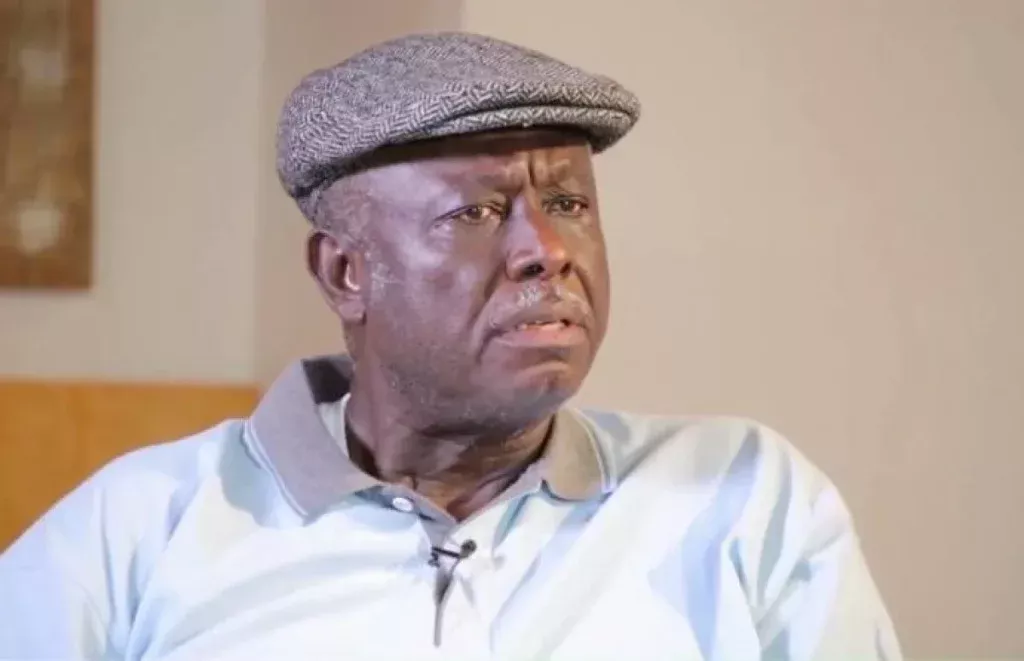Italian PM Meloni and Tunisian President Saied Meet to Strengthen Ties, Advance Mattei Plan
In a significant bilateral meeting, Italian Prime Minister Giorgia Meloni and Tunisian President Kais Saied convened on Thursday in Tunis to discuss Italy’s ambitious Mattei Plan for Africa. The plan, centered around economic development, energy diversification, and migration control, aims to foster sustainable growth and reduce irregular migration from Africa to Europe.
The Mattei Plan, named after Italy’s late state-owned energy giant Eni founder Enrico Mattei, is Rome’s flagship initiative to spur development in Africa. The strategy seeks to create jobs, enhance infrastructure, and forge what Meloni describes as a “non-predatory” partnership between Europe and Africa.
Key sectors targeted under the plan include education, healthcare, water and sanitation, agriculture, and energy infrastructure. By investing in these areas, Italy hopes to provide Africans with viable alternatives to migration, discouraging perilous Mediterranean journeys.
Migration has long been a contentious issue for Italy, which has been at the forefront of Europe’s migration debate. Thousands of asylum seekers and economic migrants arrive in Italy annually via North Africa. To tackle the issue, Meloni’s government is pursuing a dual approach: bolstering border controls and addressing migration root causes through economic development.
Tunisia, a significant transit point for migrants, is crucial to this strategy. Strengthening ties with Saied’s administration is viewed as vital for managing migration flows and advancing the Mattei Plan. During their meeting, both leaders underscored the importance of collaboration, without specifying new agreements.
By hosting this meeting, Italy reaffirms its commitment to Africa and its resolve to position itself as a key development partner. As the Mattei Plan progresses, its success may hinge on visible improvements in living conditions and whether it can offer a genuine alternative to migration for Africa’s youth.



